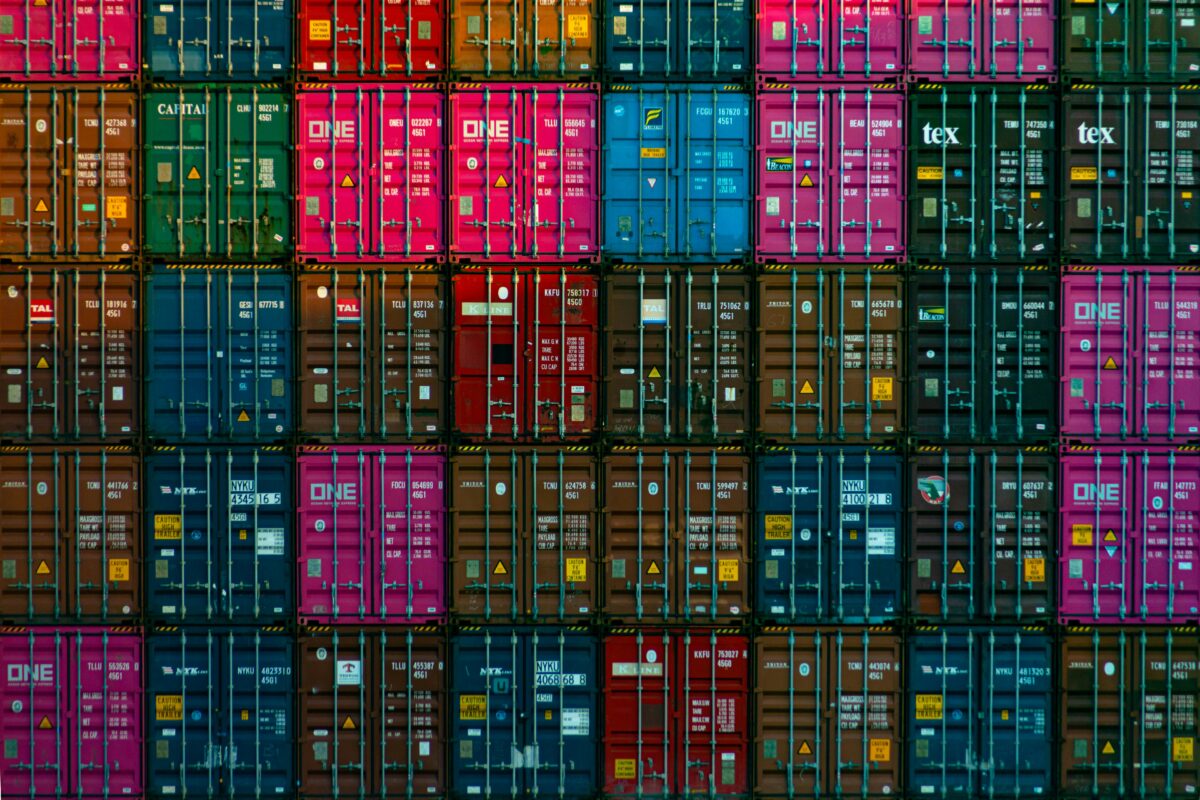A group of U.S. solar panel manufacturers has made a bold appeal to the Commerce Department, urging the imposition of anti-dumping and countervailing duties on solar imports from Indonesia, India, and Laos.
Did You Know
The original name of Google was 'Backrub.'
?
AD
This strategic move comes as the domestic solar industry grapples with a surge of foreign competition, particularly from products that are largely Chinese-produced and being sold at significantly reduced prices. The manufacturers argue that these unfair pricing tactics threaten their survival and stifle the growth of American solar manufacturing.
This petition is not just a call for protectionism; it highlights the broader trend in U.S. trade policy aimed at shielding domestic industries. Support for tariffs on solar imports reflects a growing recognition of the importance of a robust domestic manufacturing base, especially in the renewable energy sector. As the United States strives for greater energy independence, the outcomes of this petition could set a crucial precedent for the future of solar energy production and innovation in the country.
The implications of the Commerce Department's decision on these tariffs extend far beyond just economics. If the duties are imposed, they may herald a new era of trade relations in the renewable energy sector, fostering a more competitive landscape for U.S. manufacturers. With public and governmental sentiment increasingly favoring domestic production, this moment stands as a potential turning point in the ongoing battle for a sustainable and self-reliant solar industry. As the solar energy market continues to evolve, the actions taken now will undoubtedly shape its trajectory for years to come.
Q&A (Auto-generated by AI)
What are antidumping tariffs?
Antidumping tariffs are trade duties imposed by a government on foreign imports that are believed to be priced below fair market value. These tariffs aim to protect domestic industries from unfair competition, ensuring that imported goods do not harm local producers by being sold at artificially low prices. For example, the US has implemented antidumping tariffs on solar panels and graphite imports to support its domestic manufacturing sectors.
How do tariffs impact solar panel prices?
Tariffs on imported solar panels typically lead to higher prices for consumers and businesses. By imposing duties on imports from countries like Indonesia, India, and Laos, the US government aims to level the playing field for domestic manufacturers. However, these tariffs can also increase costs for solar developers, potentially slowing down the growth of the renewable energy sector by making solar installations more expensive.
What is the role of the US Commerce Department?
The US Commerce Department plays a crucial role in regulating trade and commerce. It oversees the enforcement of trade laws, including the investigation and imposition of antidumping and countervailing duties. In the context of solar panels and graphite, the department assesses petitions from domestic manufacturers and determines whether foreign imports are being sold at unfair prices, thus protecting US industries from harmful trade practices.
Why target imports from Indonesia, India, Laos?
Imports from Indonesia, India, and Laos are targeted due to claims that these countries are exporting solar panels at below-market prices, which undermines US manufacturers. By seeking tariffs on these imports, US solar panel makers aim to mitigate unfair competition, support domestic production, and ensure the sustainability of the US solar industry in a rapidly growing market.
What is the significance of graphite in tech?
Graphite is a critical material in various technologies, particularly in batteries for electric vehicles and renewable energy storage. Its role as an anode material in lithium-ion batteries makes it essential for the transition to cleaner energy solutions. The imposition of tariffs on graphite imports from China reflects the US government's focus on securing domestic supply chains for key materials that support technological advancements and energy independence.














